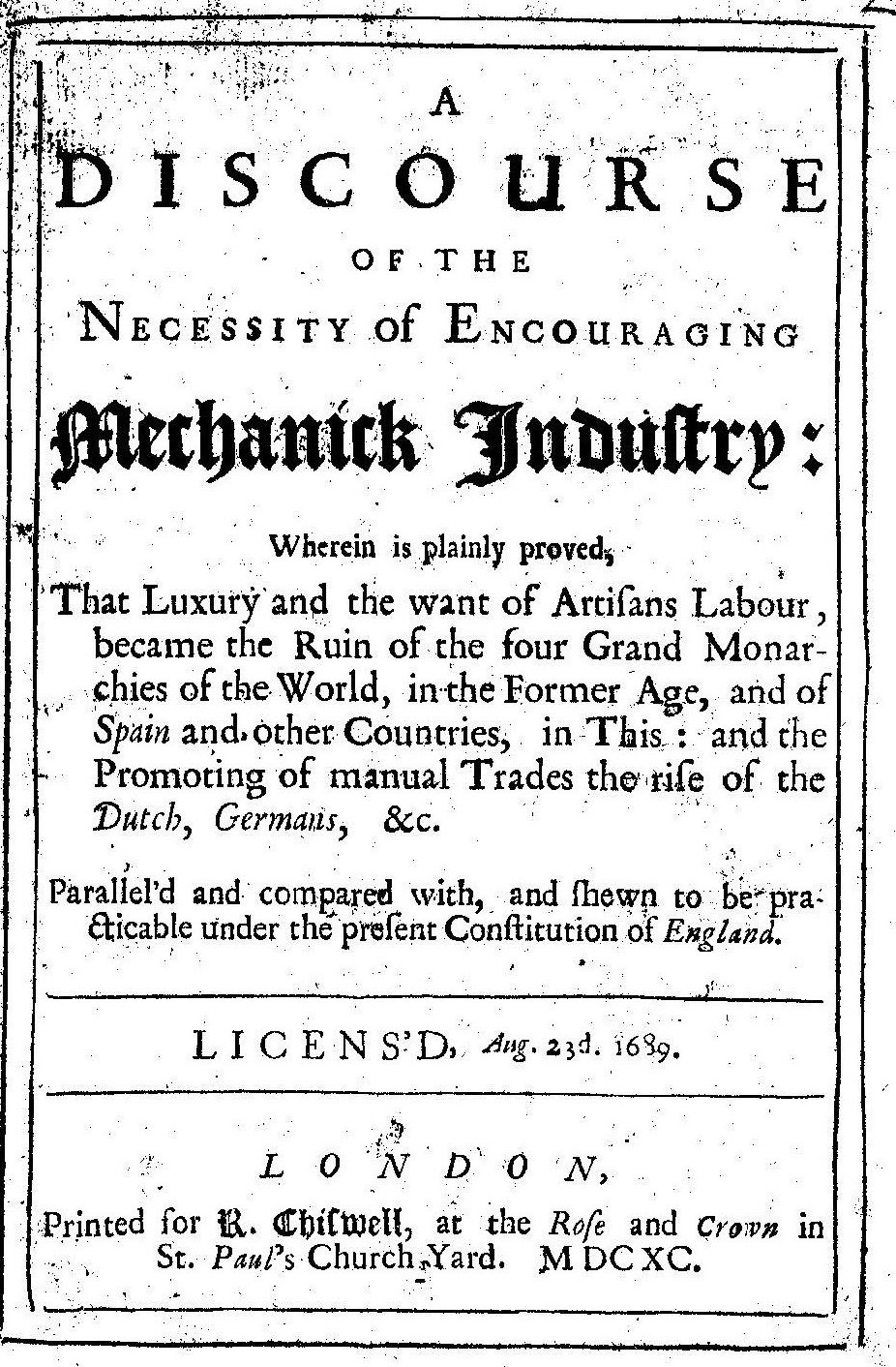Corporate-dominated food systems are responsible for widespread but still spreading malnutrition and ill health. Poor…
The Paradox of Famine. Erik S. Reinert
Again we are witnessing a hunger crisis in Africa. We should give all the help we can, but we should also ask ourselves one basic question: why does famine occur only in those countries that are specialized in agriculture? It is indeed a paradox: to a nation having a high percentage of population engaged in agriculture signifies a high risk of famine. Why is it that countries where only a tiny percentage of the population make their living producing food – like Europe and the USA -in fact produce so much more than they consume that they dump excess production on the world markets?
This is the nature of The Paradox of Famine, a phenomenon that has been observed for a long time and for which the economics profession used to have remedies. Diversification of the economy away from agriculture is, paradoxically, a key to preventing hunger. By moving hands from agriculture into other activities, into ‘mechanic industry’, as the author of an anonymous 1690 pamphlet puts it: ‘That mechanics prevent famine in a nation; that this at first sight will appear a paradox, that the multiplying of mouths that eat corn, whose hands sow none, should yet increase food; which matter of fact demonstrates the truth of, notwithstanding: For whoever saw a famine in Holland? On the contrary, they who sow none, yet supply other parts of the world with corn, which they effect by means of their arts and trade, which drives the more profitable plough of the two, that of the sea’.
Another question related to the Famine Paradox is this: why do the most efficient farmers of the world – those in Europe and the US – need heavy subsidies in order to have a decent income? Why is the annual subsidy per cow in the US and EU higher than the annual income of many African farmers? Are the politicians in the rich countries victims of extortion from their own farmers, or is there an alternative explanation?
The basic answer to the Famine Paradox is that agricultural production answers to different economic laws than the industrial and advanced service sectors. Agriculture will, after a point, be subject to diminishing returns, it produces very few synergies (linkages), and is generally subject to perfect competition. The first economist who understood this well was Antonio Serra who, in 1613, explained the wealth of Venice and the poverty of Naples and whose Brief Treatise for the first time was published in English this month (London, Anthem Press).
Since then European and later US industrialization was based on this same understanding. Increasing returns, technological change, imperfect competition, and synergies ‘collude’ to raise wages in industrialized nations, and the high cost of labor induces technical change in their agricultural sector. Although the US had an absolute advantage in agriculture over Europe, the nation still wisely decided to industrialize. Sporadic famines in Europe contributed to convincing nations of the need to industrialize. The 1846 failure of the wheat and rye harvests across Europe no doubt contributed – with the massive financial crisis of 1847 – both to the revolutionary fervor building up to the revolutions of 1848 and to a better understanding of the need to industrialize and to the postponing of free trade until after industrialization.
The European reconstruction after WW II and classical development economics were based on this very same principle: a nation specializing in agriculturewill specialize according to its comparative advantage in being poor. This does not mean that an industrialized country cannot live from exporting agricultural products.
In synthesis: although famines also have political elements, history unanimously shows that only countries with a manufacturing sector have managed to free themselves from famines. Such a strategy requires active policies that go against the present principles of the WTO. Famines can of course also be avoided in countries with a huge petroleum-sector rent. But, feeding the people from petroleum rents rather than from a diversified local production is, in the long run, not a sustainable strategy.
Our 17th century anonymous author also dwells on Christian charity towards the poor. He suggests, however, that the real solution to poverty and famine does not lie in charity but in Christian compassion by preventing this situation from happening in the first place. This is still true: the only real solution to hunger is still to diversify the economies of famine-stricken countries.

